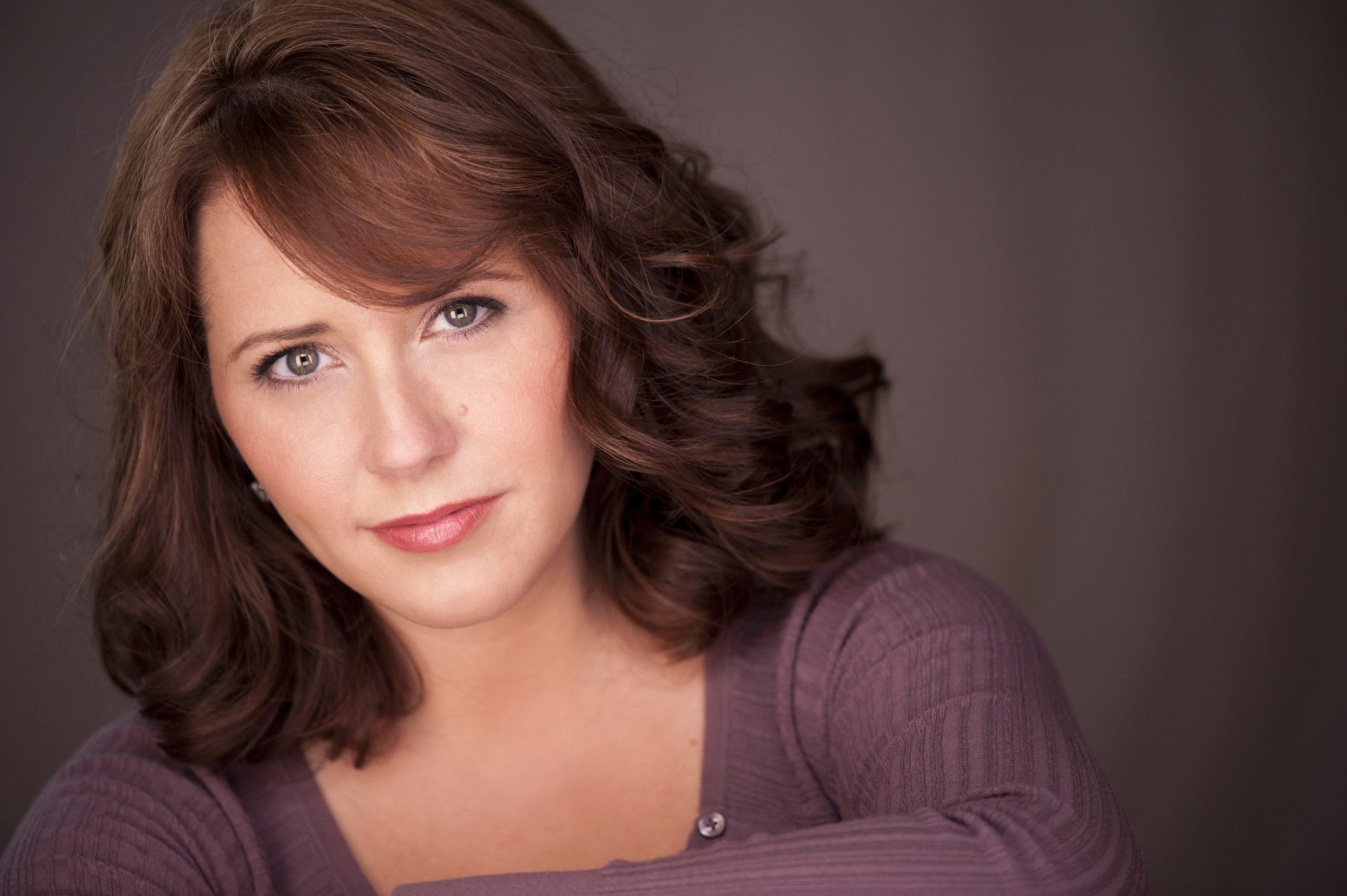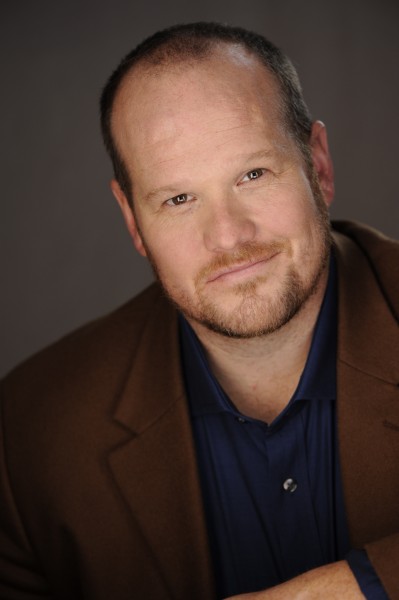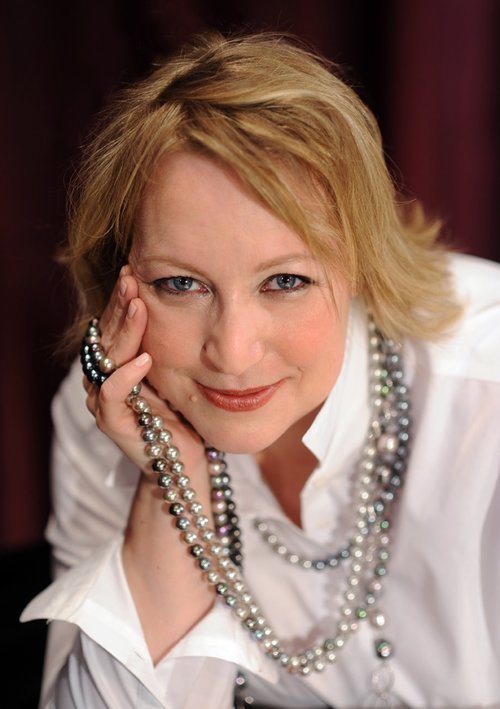the Nashville Symphony
Handel’s Messiah at the Schermerhorn
On December 19-22 the Nashville Symphony gave its annual production of Georg Frederic Handel’s Messiah at the Schermerhorn Symphony Hall, featuring soprano Mary Wilson, mezzo soprano Elizabeth Batton, tenor Garrett Sorenson, and bass Andrew Foster-Williams. This holiday tradition, which seems to extend all the way back to 1963 in Nashville when Willis Page directed it on December 15th, is proving to be one of the highlights of the holiday season in Music City.

Oddly enough, however, in 1742 when Handel wrote his masterpiece oratorio, it was not designed to be performed during the Christmas season but rather during Lent as a more restrained and religious entertainment than Handel’s secular operas which along with their competition where flooding the London market. Thus, the oratorio in general lacked the scenery and staging of traditional opera and emphasized a sacred rather than a secular topic. Handel more than made up for this in his musical setting, especially in the

recitatives, which span a continuum from the reduced “secco” instrumentation of voice and keyboard to the fully accompanied recitatives in which the vocal line is inlayed within the full orchestra’s texture. Maestro Guerrero’s handling of these recitatives was quite remarkable from the very opening number, “Comfort Ye, My People” as sung by Sorenson.
We last heard tenor Garrett Sorenson last month in the Symphony’s production of Rachmaninoff’s The Bells. With a strong and well-polished instrument, Sorenson leant a warmth to Handel’s ornamented melodic line. In “Every Valley Shall Be Exalted” the text painting came across as sincere and without contrivance, a great achievement in so well know a work as this. Similarly, Foster-Williams’ bass brought new life to his line and coupled it with a supple tone that drew on a remarkable clarity in diction, his interpretation of “The People that Walked in Darkness” was terrifying and yet expressed the inlaid hope for redemption.

Mezzo-Soprano Elizabeth Batton was refreshing in her interpretation, and her voice blended exceptionally well with Sorenson’s (Batton’s husband) in the second of the work’s two duets “O Death, Where Is Thy Sting.” Another magnificent moment was Soprano Mary Wilson’s performance in the delightful shift from secco recitative to the accompanied (“And the Angel Said unto Them” followed by “And Suddenly there Was with the Angel”) that opens the second half of Part One. She created a nuanced dramatic shift that articulated her character’s awareness behind the words she was singing as though her recognition of the “heav’nly host” emerged slowly in its presence-a moment well-articulated by Maestro Guerrero’s delicate direction.

However, the star of the performance, as it should be, was Tucker Biddlecombe’s marvelously well-prepared Nashville Symphony Chorus. Their diction, balance and intonation were remarkable, particularly in the Hallelujah anthem and fuguing chorus as well as the remarkable “Amen” chorus that ended the piece. Special mention goes to Nashville’s amazing strings led by Jun Iwasaki and the two trumpets that announce the Hallelujah chorus, they managed, with Handel’s reduced orchestra, to fill the magnificent Schemerhorn Hall with music—a great challenge with concerts such as these. In all the evening was a refreshing performance of the canon’s oldest chestnut—a marvelous holiday gift for the Music City!



